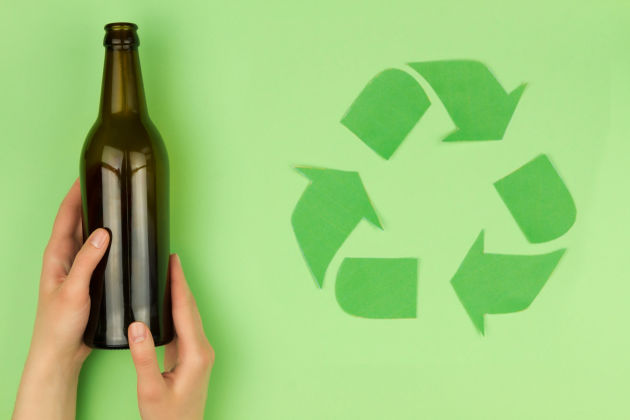
Santa Rita says $25m investment in sustainability will pay long-term dividends
South American producer Santa Rita Estates (SRE) says it doesn’t regret ploughing $25 million USD into sustainability initiatives over the past five years, despite sustainable and organic cues having less sway with consumers.
Research commissioned by the group found that Sustainable, Organic & Lower-alcohol (SOLA) wines were less likely to make an impact on shelf, compared to a label boasting ‘award-winning wine’.
This is likely to be disappointing for a group which has invested so heavily in initiatives like its WiSe project in recent years.
Short for Wine+Seed, WiSe has improved water efficiency, disease resistance, erosion control and native species conservation for 700 ha of vineyards and 400 ha of native forests.
However, investment in sustainability is vital said Jaima de la Barra, corporate marketing director at SRE, “not only because it’s the right thing to do, but without them, we won’t have a business”.
Pointing to a picture of a disease-affected vineyard, he added: “This was five years ago, when we had a huge problem with margarodes affecting the roots because of viral infections. Part of the issue is that schools in Argentina and Chile are far behind the likes of UC Davis and Montpellier, and our challenges are very specific to the land. As a result, it’s companies like us that are taking the lead rather than universities.”
De la Barra made the comments at yesterday’s Hallgarten Wines’ sustainability tasting – the first ever for the importer and wholesaler.
He went on to add that in the future, he believes the tide will change and consumers will be more active in investing in SOLA wines – with help from the independent and on-trade sectors.
“These are always the first adopters of new trends. Supermarkets are very unlikely to be leading the education, but merchants and restaurants are always looking for ways to keep the wine category fresh and engage with consumers. We saw it happen with artisanal coffee and coffee shops. I think it will be the same with wine,” he said.
Being “very channel specific” and “aligning marketing communications” are also vital when it comes to selling SOLA wines at the moment.
The group says the $25 million sum has been invested across all levels of the company, working with “thousands of stakeholders and suppliers” to re-evaluate the best ways of working to ensure longevity.
Part of this has been creating a nursery at top Argentinean estate Doña Paula.
So far, the estate has planted six different clones over four rootstocks and 36 different types of soils, for disease/drought prevention and quality control.
A lot of vineyards in Argentina and Chile “weren’t planted with the future in mind”, said De la Barra. “Production rates per year were low - clones weren’t considered or used. But by sharing best practice, we are starting to see a change.”
Keywords:
- past five years
- sales
- SRE
- Organic
- sustainable
- says
- Sustainability
- five years
- Santa Rita
- 25m
- rita
- santa
- cues
- despite
- despite sales
- initiatives over
- years despite
- five years despite
- regret ploughing 25m
- ploughing 25m usd
- sustainability initiatives over
- USD





